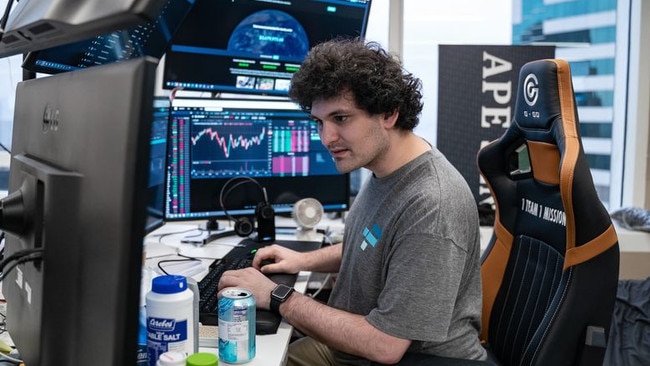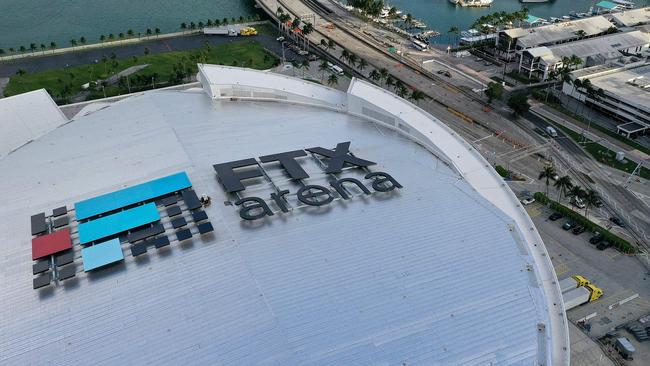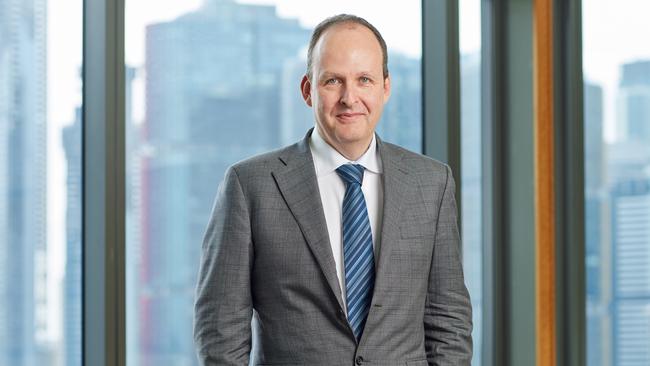Retail investors, some claiming hundreds of thousands of dollars in crypto, are facing heavy losses


This gives rise to administrators from KordaMentha sifting through a large number of accounts – in this case nearly 30,000 – where the traders are now the creditors of FTX’s Australian units. In other words retail investors, some claiming they had hundreds of thousands of dollars in cryptocurrencies, are facing heavy losses.
While the risks linked to trading cryptocurrencies are high, given their extreme volatility and lack of fundamental support, this shouldn’t take away from the basic principle that badly run companies are still behind the potential losses among investors.
FTX Australia was thinly capitalised and the cash or assets sitting in trust were quickly hedged away in an offshore entity with little left over.
It employed five people in Australia and had a board of three including Bahamas-based founder Sam Bankman-Fried. It has emerged the former poster child for respectable crypto trading, barely held meetings and ran his $32bn empire in a chaotic way.

The large number of retail losses among many with little experience in investing, yet alone in complex instruments such as crypto, should be an eye-opener in Canberra where Treasury is running a review of what type of regulation is needed to oversee cryptocurrencies in Australia.
FTX promised investors it was the responsible alternative, but in reality it is emerging that it was little more than another black box.
It emerged in the FTX US chapter 11 bankruptcy filing this week that the top 50 creditors were owed a collective $US3bn ($4.5bn).
ASIC doesn’t yet have the legislative powers to regulate cryptocurrencies, but as reported here previously the regulator is already laying the groundwork in anticipation it will be put in charge of the sector.
KordaMentha’s Scott Langton cautioned in a filing to the Supreme Court of Victoria that FTX Australia’s crypto customers may have lost “significant property” using the FTX Trading Platform to buy and sell digital currencies. Of the $42m sitting in FTX Australia’s bank accounts there is no way of knowing who owns what, suggesting that the funds will ultimately be pooled for payout to creditors.
Langton said creditors were a broad range of customers who had spent funds – in many cases very significant sums – buying cryptocurrencies.
“It is not unusual in cases such as this that some customers may have only a cursory understanding of the products and/or contracts they entered and, faced with losses outside of their control, react differently to trade creditors who might encounter losses in the usual course of their business,” Langton said in an affidavit.
From creditors there has been an “undertone of expectation that funds will be returned promptly, even though this is unlikely to be the case in this complex voluntary administration”, he added.
The early signs from Langton is that FTX’s crypto investors face a tough road ahead.
Cooke has job ahead
The new chief executive of Star Entertainment Robbie Cooke has given some insight into the scale of the challenge facing the casino operator as it attempts to win back its casino licence in two states. For companies, reputations are lost in instances and can take years to rebuild. Star is at the start of the painful process of earning back trust and confidence.
Investors have made known their view with nearly 30 per cent voting against the remuneration report, meaning Star’s board has copped its shareholder strike. However there was strong support for Cooke, which means he has the mandate to drive change.
In the near term Cooke has a significant operational challenge ahead. He needs to steady the ship while working with an external manager which now has effective control of Star’s Sydney facility.
The top level turnover at the casino has been significant. In addition to former chief executive Matt Bekier, some 20 executives have left the business, with these roles to be filled. The turnover of executives gives the chance to push ahead with cultural change and up-ending the organisational structure.
At the same time, the casino is busy bulking out experienced staff around anti-money laundering at the same time as rival Crown and banks are also undertaking a major push in this area.

Cooke told investors on Tuesday: “We will transform our culture, be more transparent, have more robust governance, greater accountability, be open and honest with our regulators and act swiftly when issues arise. We need to earn back the trust and confidence of all our stakeholders.”
“Cultural change is part of that. So too is the focus on having all areas of our business operating with the highest levels of integrity,” he said.
Cooke is also aware that running a casino is part property trust. And this could represent some near-term headaches. Rising interest rates lower the value of commercial property just as Star has billions under development.
One bright spot is that Cooke has confirmed it is eyeing an “asset-light” model with a sale and leaseback of the $2.3bn Pyrmont site in Sydney.
It is also looking at offloading its recently refurbished Gold Coast hotel. This could provide relief to Star’s balance sheet with earnings set to come under pressure from the regulatory pincer.
Star can’t resume dividend payments until its debt ratio falls below 2.5 times earnings. Currently it’s at 2.7 times. Meanwhile costs across some $2.6bn of development projects, mostly around Queensland’s Queens Wharf, have jumped 10 per cent.
“The opportunity remains to unlock the underlying value of the group’s property assets,” Cooke says. The question for investors now that the baseline of the regulatory demands have been set is whether they are prepared to stay for the slow cultural rebuild of the Star or cash out on property sales.
Mackenzie’s way
BHP chairman Ken Mackenzie will continue in the role for next few years. The Canadian-raised businessman who recently secured his Australian passport was re-elected to the board and plans to stand for re-election next year.
This will see him through to the OZ Minerals merger if, as expected, the friendly deal moves ahead. It also brings him closer to first production from BHP’s long awaited potash development in 2026.
So far Mackenzie’s tenure on the board is six years compared to the average tenure of nine years for a BHP non-executive director.





The multi-billion dollar global collapse of bitcoin exchange FTX is opening up new territory for administrators, with a picture emerging from the local collapse that funds sitting in trading accounts had no protections.